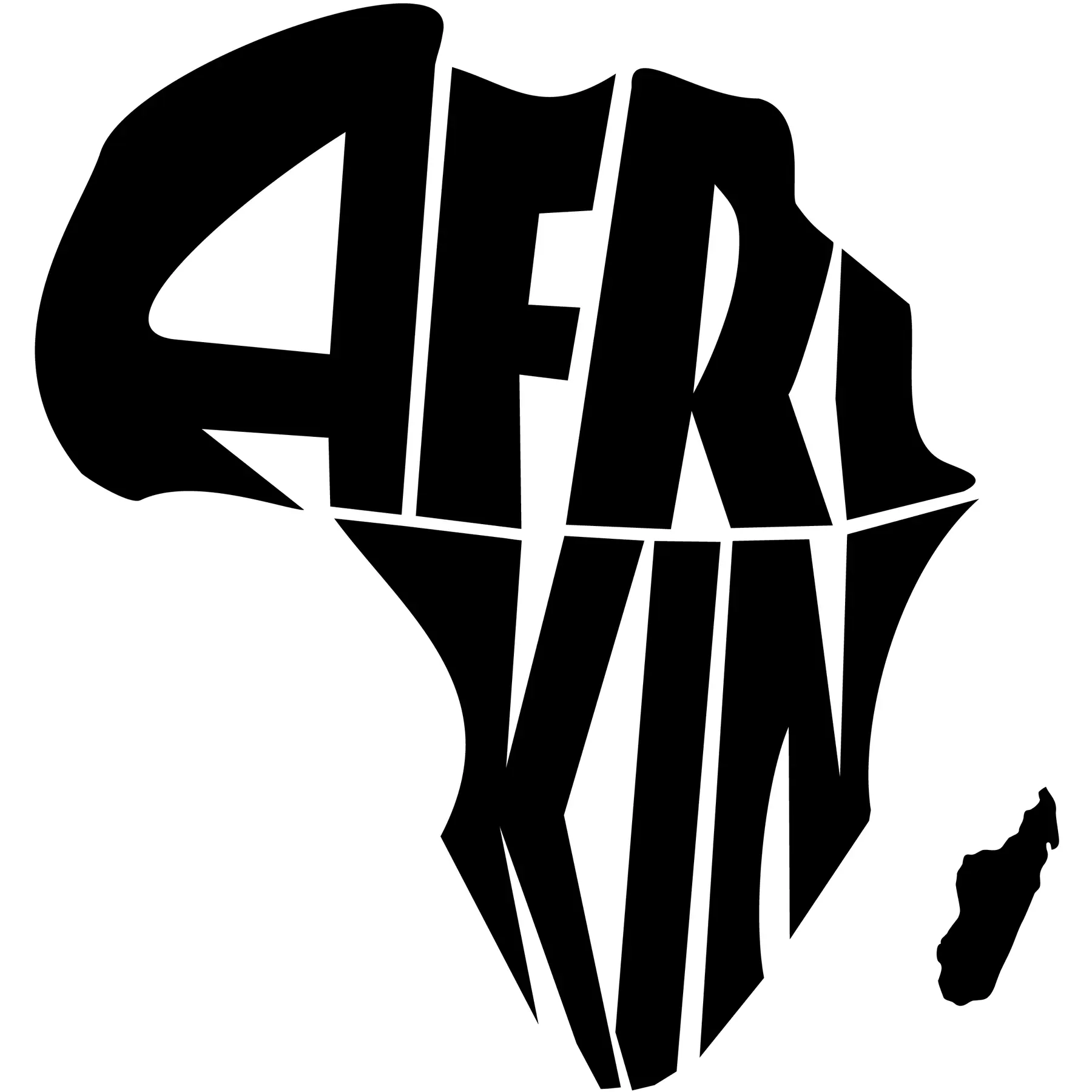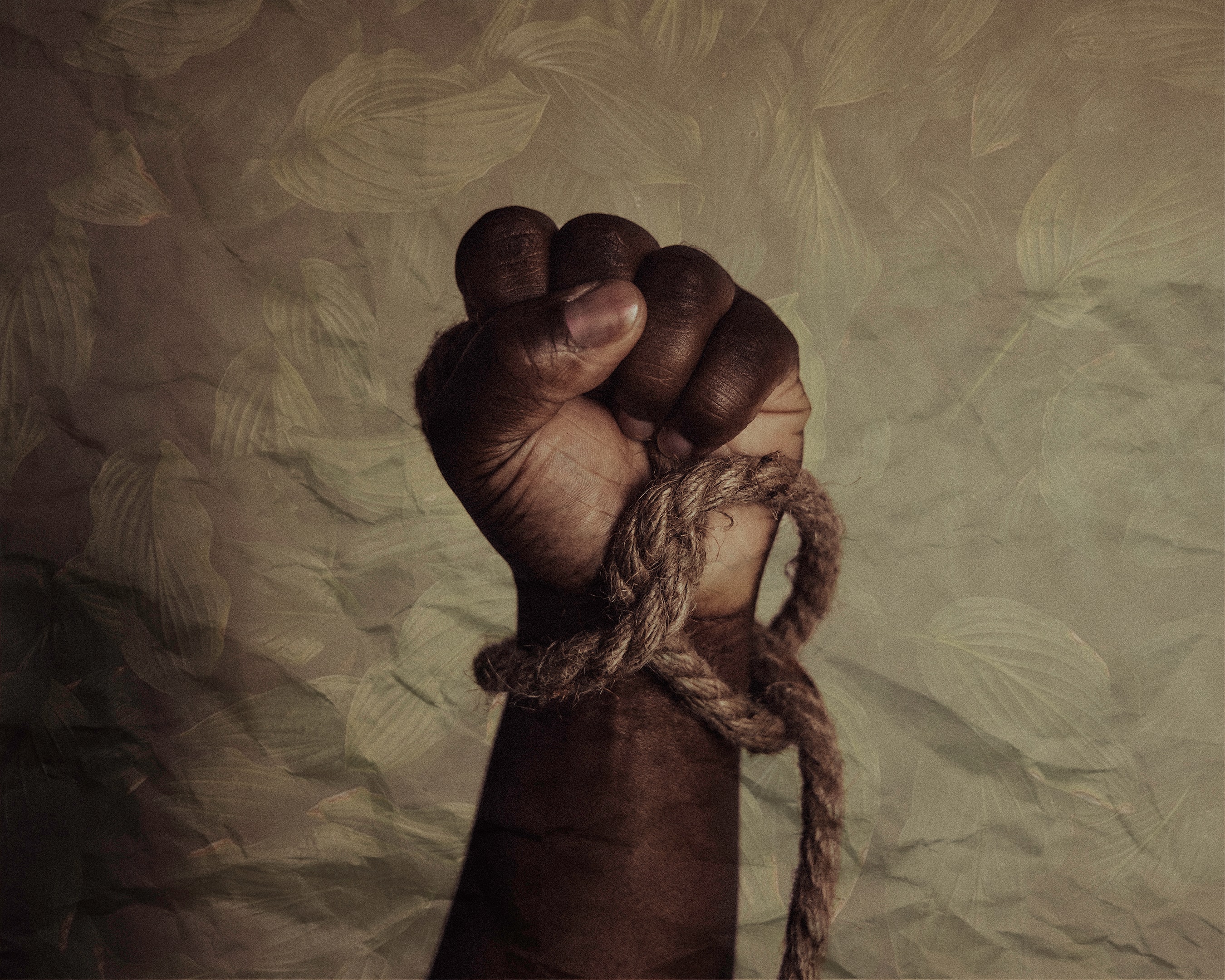When one hears the term “African Diaspora,” most people immediately think of the results of the transatlantic slave trade when approximately 12.5 million people were sent to the New World against their will. This was not a diaspora of choice. They arrived at their new “home” with shackles on their feet and shackles on their mind. They were victims of colonialization, imperialism, and oppression.
But the history of “African Diaspora” far predates the tragedy of slavery. The word “diaspora” means “the dispersion of any people from their original homeland.” The first humans, homo sapiens, originated in Africa and dispersed into other parts of Africa and then Europe, Asia, the Americas, and Australia beginning over 100,000 years ago. Over the course of thousands of years, the people of Africa migrated and moved to all corners of the earth – taking their culture and beliefs with them. They settled in new areas, formed new communities, and built lives for themselves and their people.
Keeping this in mind, is it no surprise there are so many similarities amongst indigenous people across the planet? “Members of diasporic communities also tend to possess a sense of “racial,” ethnic, or religious identity that transcends geographic boundaries.” As we said, Africa is the cradle of humanity. It is THE origin story. It is from her shores that humankind launched itself into the world, time and time again, taking their culture and beliefs with them. Even thousands of years later, we still see that evidence of commonality.
It is unfair to lump all people of African origin into the category of unwilling victims of a diaspora they wanted no part of. There is much more to their history than the transatlantic slave route. For thousands of years, they explored new lands themselves, set up trade routes, established large and powerful kingdoms, and made advancements in mathematics, medicine, and more. The shadow of slavery is just one part of the story. It is not the complete picture. The African diaspora, in fact, happened time and time again as the natural progression and evolution of the African people.

